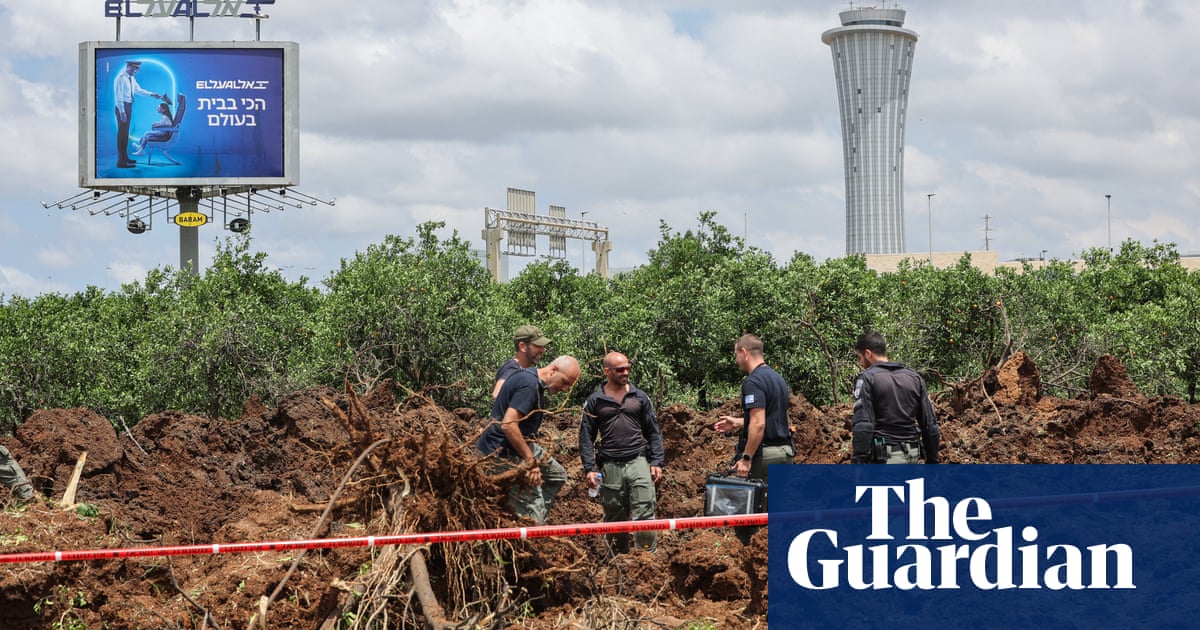The recent missile attack by Yemen's Houthis on Israel's main airport has triggered significant reactions from Israeli Prime Minister Benjamin Netanyahu, who has promised a robust response. This incident highlights the ongoing tensions in the region, particularly the impact of external militant groups on Israel's security and the broader implications for international aviation and relations.
Underlying Objectives of the Report
This report aims to inform the public about the security threats facing Israel, particularly from Iran-backed groups like the Houthis. By emphasizing Netanyahu's vow for a multi-phased response, it seeks to convey a sense of urgency and seriousness regarding national security. Furthermore, the cancellation of flights by major airlines underscores the immediate impact of the military action, suggesting instability in what is often seen as a volatile region.
Perceived Public Sentiment
The article likely intends to evoke a sense of concern among the Israeli populace regarding their safety and the operational status of their national airport. It also seeks to rally public support for the government's military strategies against external threats. The framing of the Houthis as a direct threat to air travel may amplify fears and prompt calls for stronger military action.
Potential Omissions or Concealed Information
While the article focuses on the missile strike and the resulting cancellations, it may downplay the broader geopolitical context, including the historical relationship between Israel and its adversaries, or the complexities of the ongoing conflict with Hamas. This selective reporting could lead to a skewed perception of the situation, focusing primarily on immediate threats rather than long-term implications.
Assessment of Manipulative Elements
The language used in the article can be interpreted as somewhat manipulative, particularly in its portrayal of the Houthis as a newly emergent threat to Israel's air travel safety. The phrasing "no longer safe for air travel" is alarmist and could be seen as an attempt to shape public perception against the Houthis without a nuanced discussion of the broader conflict.
Comparative Context
When compared to other news reports on regional conflicts, this article aligns with a trend of emphasizing immediate military threats while often neglecting comprehensive analysis of underlying issues. Such reporting may contribute to a perception of urgency that aligns with certain political agendas, particularly those that advocate for increased military action.
Impact on Society, Economy, and Politics
This news could potentially influence public opinion, rallying support for military action against the Houthis and reinforcing existing narratives about the need for heightened security measures. Economically, continued flight cancellations could impact tourism and international business relations, affecting the Israeli economy.
Support Base and Audience
The report is likely to resonate with communities that prioritize national security and view military action as a necessary response to threats. This includes segments of the population that are aligned with more hawkish political views regarding Israel’s defense strategies.
Market Implications
The situation could affect airline stocks, particularly those directly involved in the region, like Delta and Lufthansa. Investors may react to perceived risks associated with travel to Israel, leading to volatility in airline stocks and possibly broader market implications for the travel and tourism sectors.
Geopolitical Significance
The incident reflects ongoing tensions in the Middle East, and it is crucial in the context of the shifting power dynamics influenced by Iranian-backed groups. This news ties into larger narratives about U.S. foreign policy and military actions in the region, particularly in relation to the Red Sea.
AI Utilization in Reporting
While it is unclear if AI was used in crafting this report, certain aspects, such as the structured delivery of information and the focus on key events, suggest a possible influence of AI-driven content creation tools. These tools may prioritize sensational aspects of the story, impacting how the narrative is shaped and presented to the public.
In conclusion, while the report provides factual information regarding the missile attack and its implications, it also employs language and framing that could be considered manipulative, ultimately aiming to amplify concerns about national security and rally public support for military actions. The reliability of the report is mixed, as it presents facts but may also lead to a skewed perception of the broader context.
